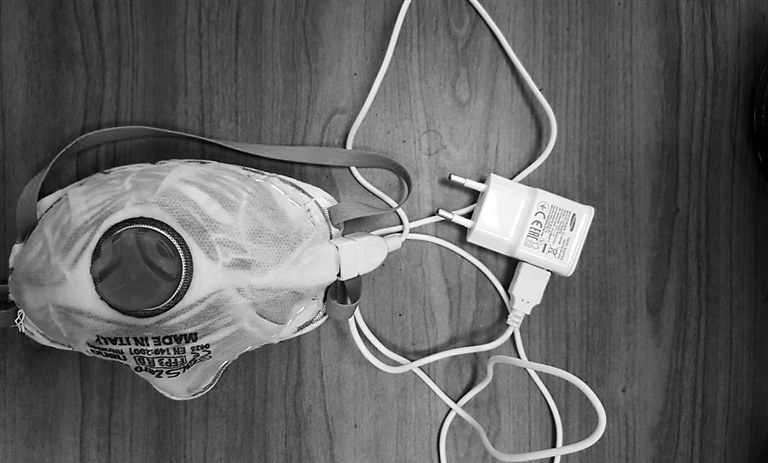
ISRAELI scientists at the Israel Institute of Technology — the Technion — in Haifa, have developed a self-disinfecting reusable protective face mask. The disinfection process occurs when a layer of carbon fibers in the mask is heated using a low current source, such as an electric mobile phone charger. Due to the coronavirus pandemic, demand for protective face masks has sky-rocketed in recent months, as wearing masks is now a requirement along with social distancing and hygiene measures. A wide range of masks is available, with the leading model being the N95. The authorities insist on correct usage of masks, which means replacing it daily even if it is clean and dry during the day. These regulations, along with the urgent need to provide masks for the medical staff caring for coronavirus patients, has led to a surge in demand for these masks and a search for manufacturers and suppliers. An immediate shortage of masks also occurred in Israel. Yair Ein-Eli, dean of the Technion’s Faculty of Materials Science and Engineering, has developed a reusable face mask that can be heated in a controlled manner, a process which destroys viruses that accumulated on the mask and renders it reusable. The new technology is based on an inner layer of carbon fibers spread within the mask in a homogeneous manner. When the layer of fibers is heated using a low current (2 amps) from a readily-available source, such as a mobile phone charger, USB connection or other mobile electronic device charger, the viruses are destroyed. Ein-Eli’s research group created the mask prototype and tested it together with professors Debbie Lindell and Oded Beja from the Faculty of Biology. A patent application for this invention has been submitted in the United States and the research group is discussing commercialization with industrial companies.(SD-Agencies) | 
